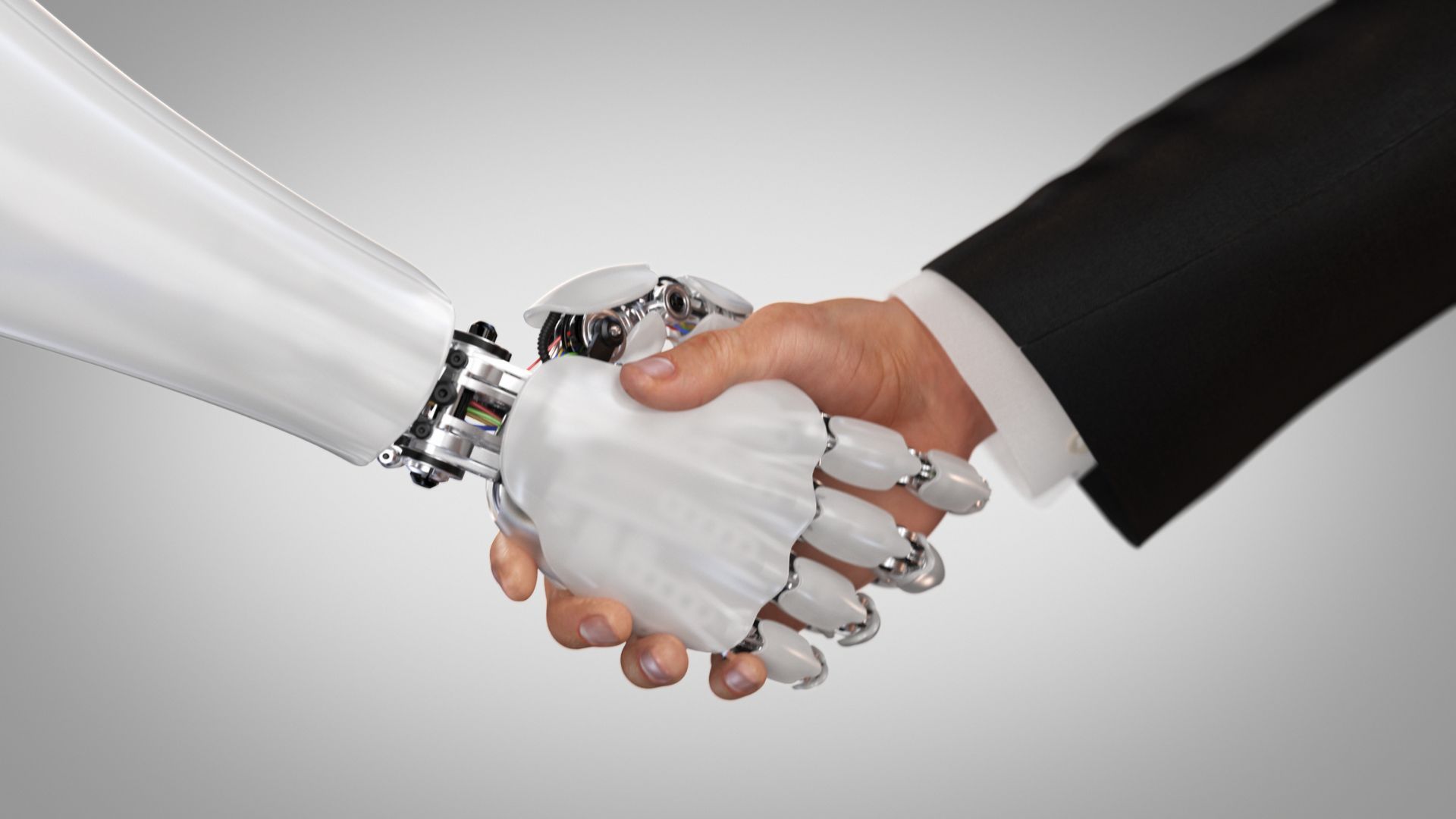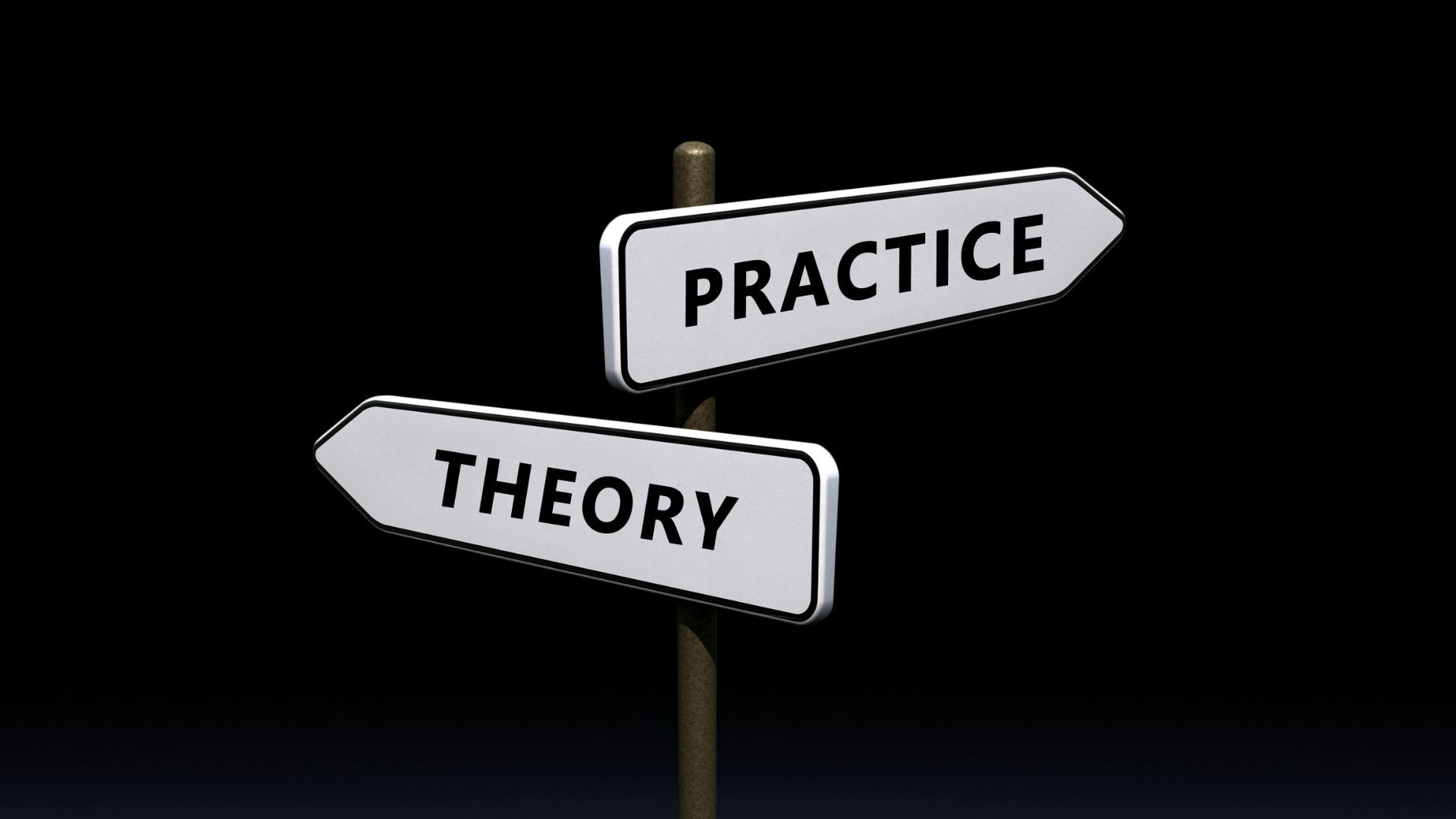AI in the Workplace: A Revolution in Progress

AI in the Workplace: A Revolution in Progress
Artificial Intelligence (AI) is no longer a futuristic concept; it has become an integral part of workplace dynamics. A recent LinkedIn and Microsoft report highlights that 84% of Australian workers now use AI to enhance productivity and creativity, making Australia a global leader in AI adoption, ahead of Europe and North America. This shift is not only transforming workflows but also reshaping the labour market, positioning Australian businesses as frontrunners in innovation.
However, this rapid integration comes with challenges. While 75% of Australian business leaders hesitate to hire candidates lacking AI skills, only 39% of professionals report receiving company-sponsored AI training. This gap emphasises the critical need for businesses to invest in education and ongoing learning to stay competitive. By 2025, AI is expected to be central to operations, demanding structured strategies, robust training, and ethical frameworks. Companies that prioritise these areas now stand to gain a significant competitive edge, while those that delay risk falling behind.
AI’s impact extends beyond productivity gains. It is creating new opportunities for innovation across industries. For example, in sectors like healthcare, AI is being used to analyse patient data and streamline diagnostics. In retail, it powers personalised shopping experiences. For Australian businesses, adopting AI is not just about keeping up; it’s about leading the charge in creating smarter, more efficient ways to work. This potential for transformation underlines why fostering a workforce adept at using AI is so crucial in today’s competitive landscape.
"AI is no longer a buzzword; it’s a tool that’s actively reshaping our daily tasks."
During a recent Australia Market Update, Colleen Deere, Legal Team Leader at people2people, shared valuable insights on how AI is influencing the workplace. Colleen highlighted how this technology is redefining productivity and creativity, enabling businesses to achieve more with fewer resources.
"AI is no longer a buzzword; it’s a tool that’s actively reshaping our daily tasks," Colleen explained. She noted that legal professionals, traditionally seen as resistant to technological change, are among those embracing AI to streamline tasks such as document review and contract analysis. This shift not only saves time but also ensures higher accuracy.
Despite the promising applications, Colleen pointed out significant challenges. "One of the biggest hurdles is the skills gap," she stated. "Many professionals still lack the training to effectively utilise AI tools, which puts pressure on organisations to bridge this gap." She emphasised the importance of fostering a culture of continuous learning within organisations to stay ahead in a rapidly evolving market.
Moreover, ethical considerations remain a pressing concern. "AI’s capabilities are expanding, but so is the risk of misuse," Colleen warned. She advocated for implementing robust ethical frameworks and clear guidelines to ensure AI is used responsibly. These steps are essential for maintaining trust and compliance in sectors like legal, where confidentiality and accuracy are paramount.
The update also touched on the broader implications of AI adoption. While Australian workers are quick to embrace AI, Colleen urged businesses to think strategically about implementation. "It’s not just about adopting AI; it’s about integrating it in ways that align with long-term goals and values," she remarked. This involves not only investing in technology but also equipping teams with the skills and mindset to adapt to change effectively.
AI’s transformative impact on the workplace is undeniable. As businesses navigate this new frontier, the insights shared by professionals like Colleen Deere offer valuable guidance. By addressing the skills gap, implementing ethical practices, and fostering a forward-thinking culture, organisations can position themselves to thrive in an AI-driven world. As the market continues to evolve, the question is no longer if businesses will adopt AI, but how effectively they will leverage its potential.
Strategies for Embracing AI in the Workplace
To fully harness the benefits of AI, businesses must adopt a proactive and holistic approach. Here are some strategies to consider:
- Prioritise Training and Development: Invest in comprehensive training programmes to ensure employees at all levels can effectively utilise AI tools. This not only enhances productivity but also fosters a culture of innovation.
- Develop Ethical Guidelines: Establish clear policies on AI usage to address concerns about data privacy, bias, and transparency. This helps build trust among stakeholders and mitigates potential risks.
- Align AI with Business Goals: Ensure that AI initiatives align with organisational objectives. This strategic alignment maximises ROI and ensures that technology serves as a tool for achieving long-term goals.
- Foster a Culture of Adaptability: Encourage employees to embrace change and continuous learning. This is particularly important in fast-evolving sectors where staying static can lead to obsolescence.
- Collaborate Across Teams: Leverage cross-functional collaboration to integrate AI into various departments seamlessly. This approach ensures that the benefits of AI are distributed evenly across the organisation.
𝐅𝐢𝐧𝐝 𝐭𝐡𝐞 𝐣𝐨𝐛 𝐲𝐨𝐮 𝐥𝐨𝐯𝐞 𝐈 𝐅𝐢𝐧𝐝 𝐭𝐡𝐞 𝐫𝐢𝐠𝐡𝐭 𝐭𝐚𝐥𝐞𝐧𝐭
Get in touch with people2people
Australia I United Kingdom
www.people2people.com.au
Find the job you love I Find the right talent
Get in touch with people2people
Australia
I
United Kingdom
In business since 2002 in Australia, NZ, and the United Kingdom, people2people is an award-winning recruitment agency with people at our heart. With over 12 offices, we specialise in accounting and finance, business support, education, executive, government, HR, legal, marketing and digital, property, sales, supply chain, and technology sectors. As the proud recipients of the 2024 Outstanding Large Agency and Excellence in Candidate Care Awards, we are dedicated to helping businesses achieve success through a people-first approach.
Recent articles





Latest Media Features
List of Services
-
11 tips for employers to succeed in 202511 tips for employers to succeed in 2025
Human Resources Online
February 14, 2025 -
How will advisers’ salaries change this year?How will advisers’ salaries change this year?
Money Management
Janurary 17, 2025 -
Being a supportive employer in 2025Being a supportive employer in 2025
Money Management
January 6, 2025
List of Services
Get in touch
Find out more by contacting one of our specialisat recruitment consultants across Australia, New Zealand, and the United Kingdom.
Copyright © 2025, people2people
people2people acknowledges the Traditional Custodians of country, pays respect to their Elders past and present, and extends that respect to all Aboriginal, Torres Strait Islander and Māori peoples today.
people2people partners with CarbonInvoice to measure and mitigate any carbon emissions associated with the work we do.
Specialisations
Locations
Resources

